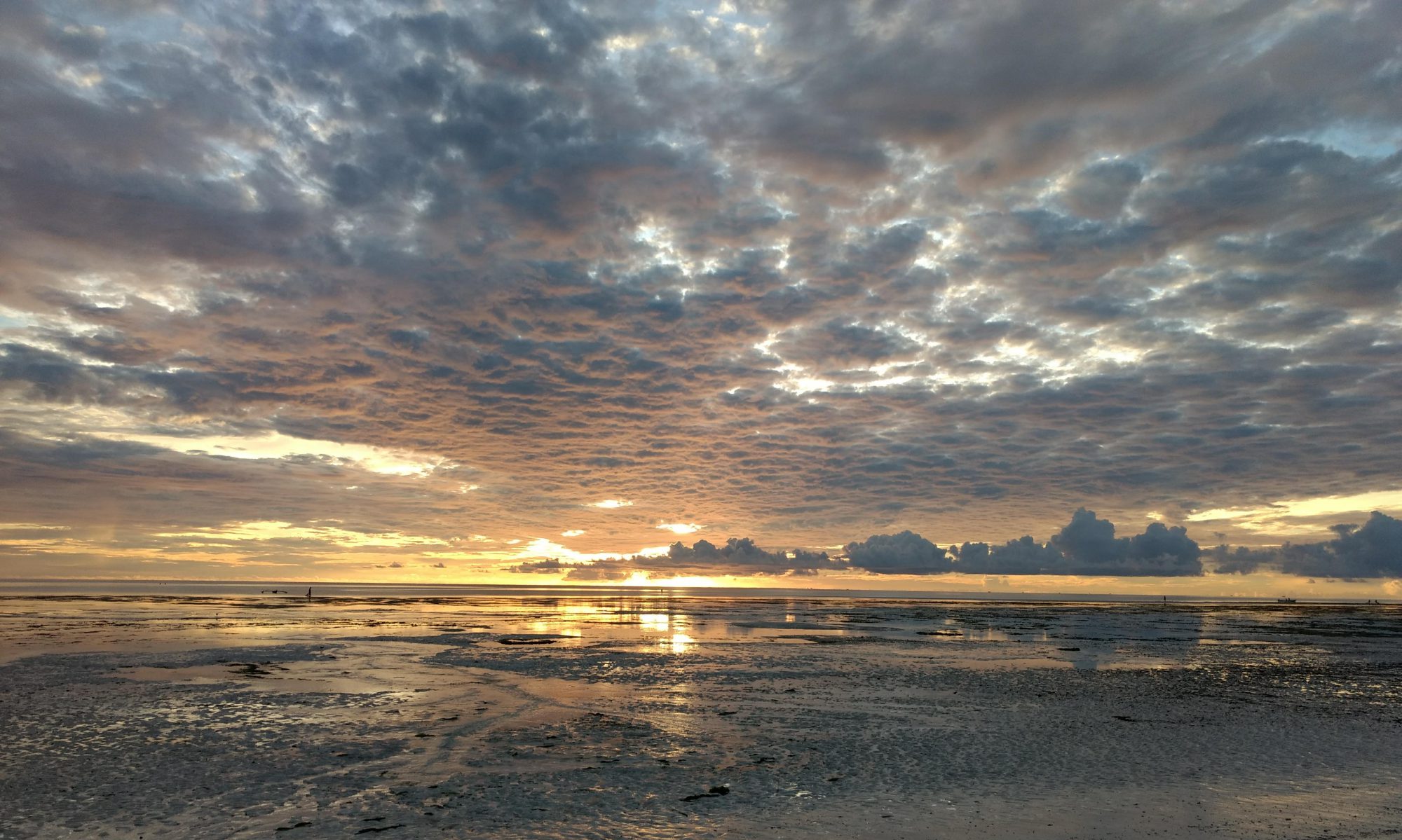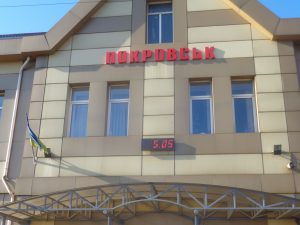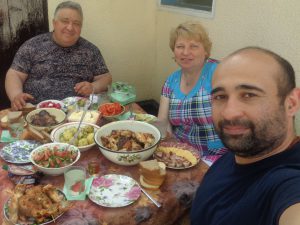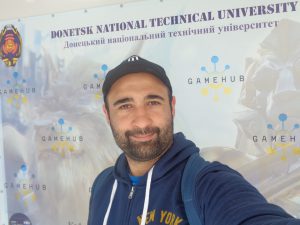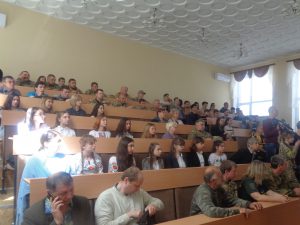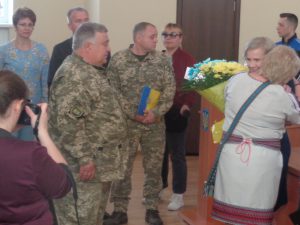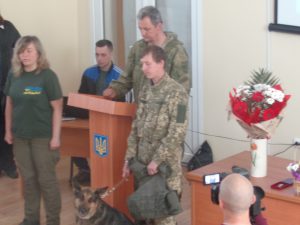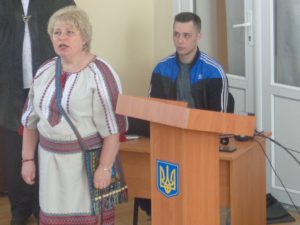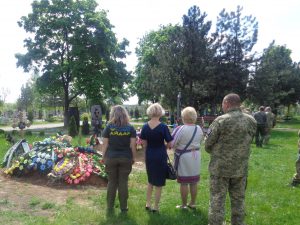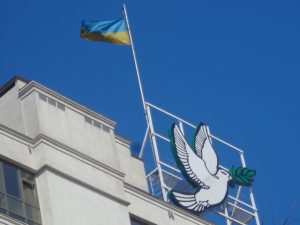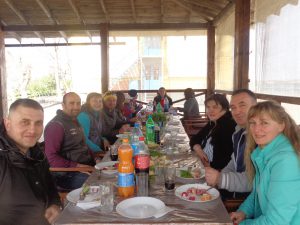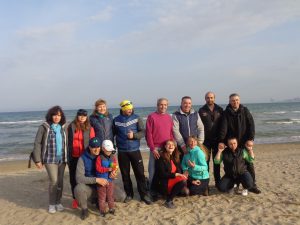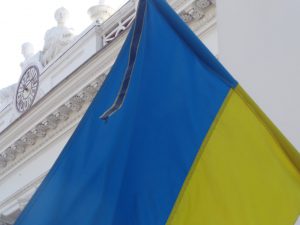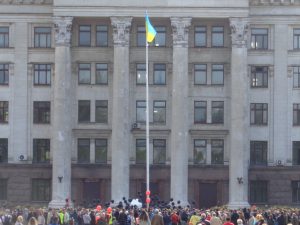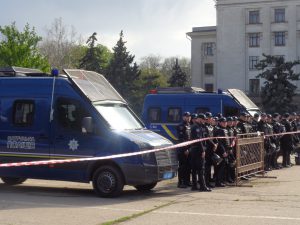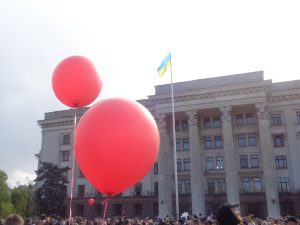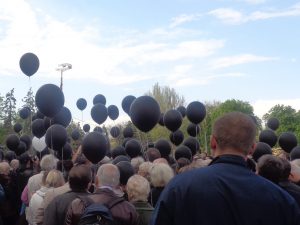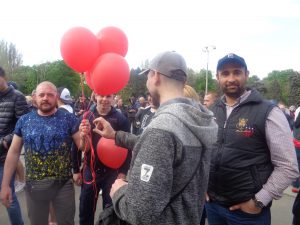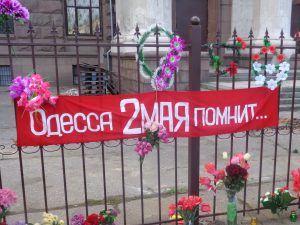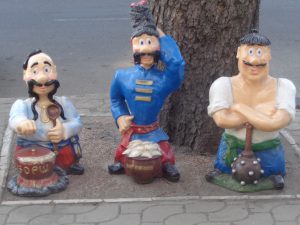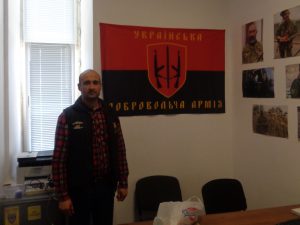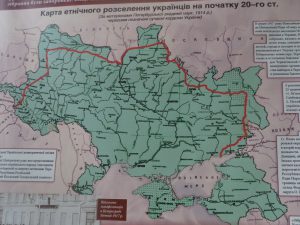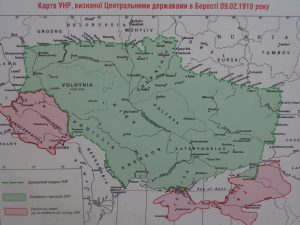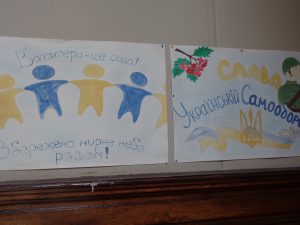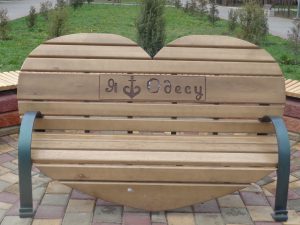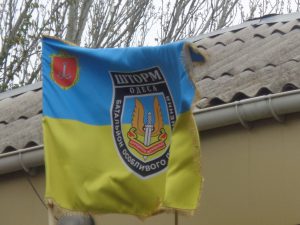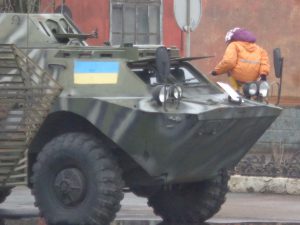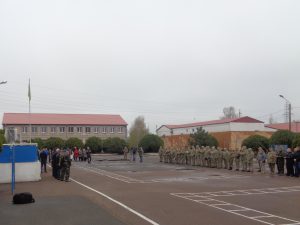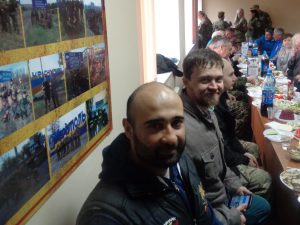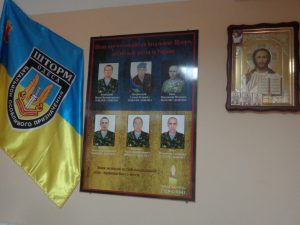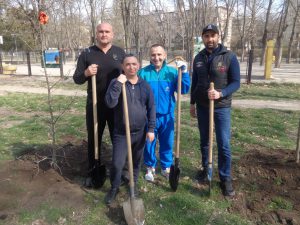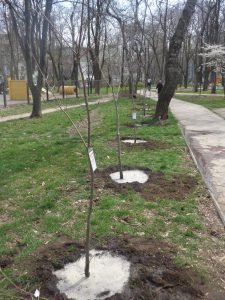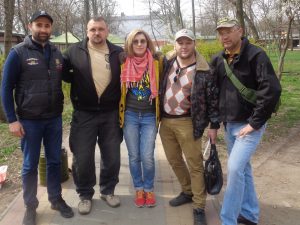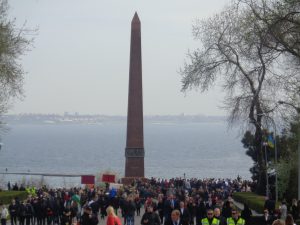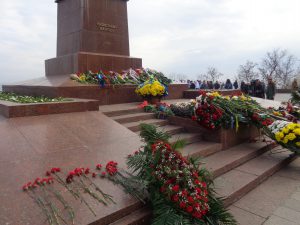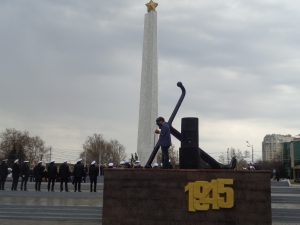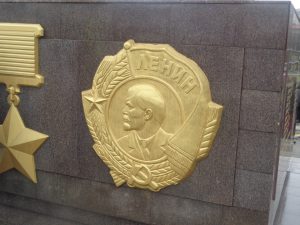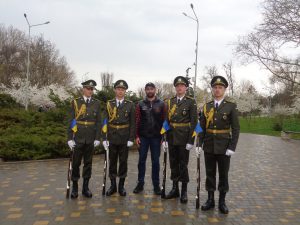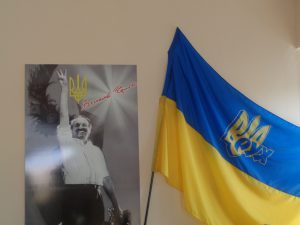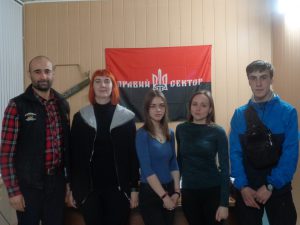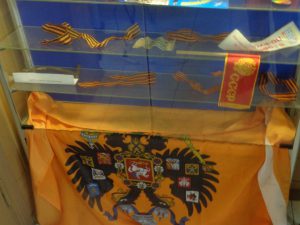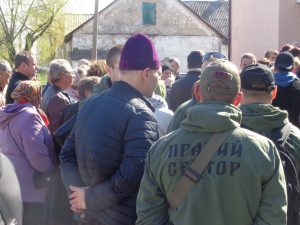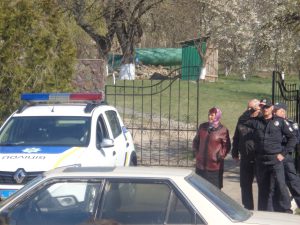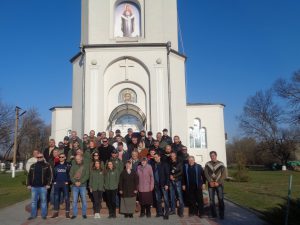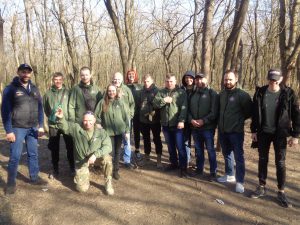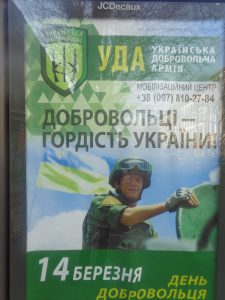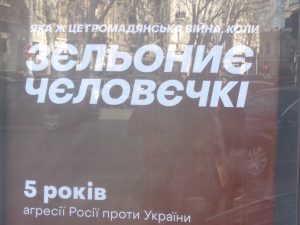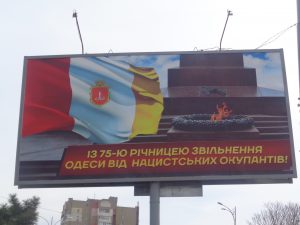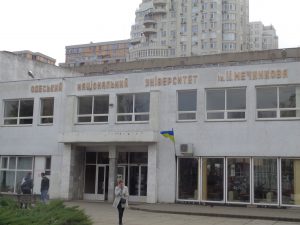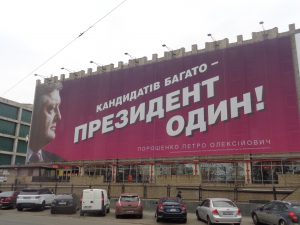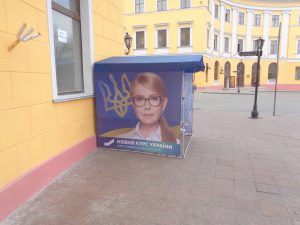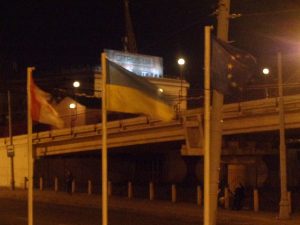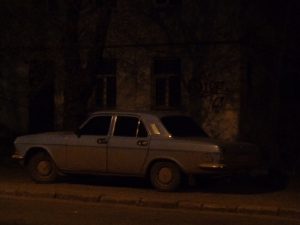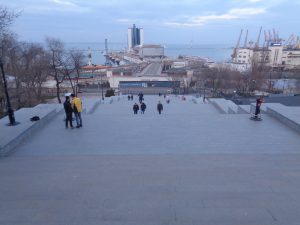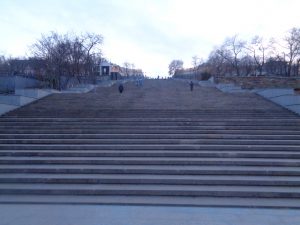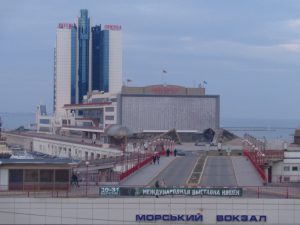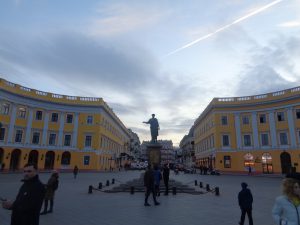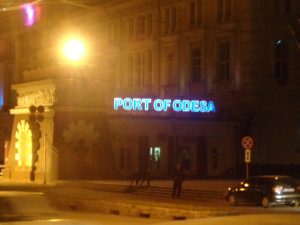After two months in Ukraine, I am getting ready to travel back home to Sweden. Meanwhile, I have been transcribing some of the interviews that I have conducted in Odessa and Donetsk. I have conducted very important interviews with some key research participants during my journey to the Donetsk region. This allows me to answer my research questions by having more reliability in the gathered material. I have met volunteer fighters at the frontline from such battalions as Dnipro 1, Aydar and the Right Sector. I stayed some time with these fighters and made a participant observation. This enabled me to better understand how my research participants interpret the world around them, and also how they act in the real life setting. The field notes that I made during my participant observation help me to understand the everyday experience of these fighters both during combat and among their comrades in general.
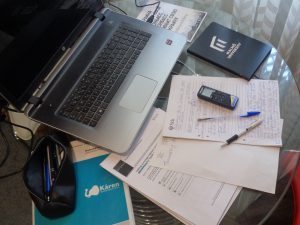
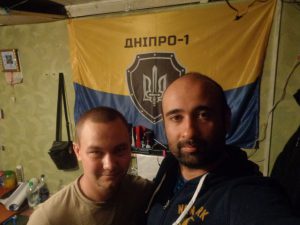
One thing that I noticed during my trip to Donbass was the sharp division of the population living there. People are divided into two campaigns. Pro-Russian and pro-Ukrainian attitudes are eminent whether an issue concerns the language, religion, political or historical standpoints. In some cities of the Donetsk region there is a straightforward de-Sovietization, which can be observed by the removal of Soviet monuments and other symbolic items. This process of Ukrainization has achieved the removal of Lenin’s monuments and the abandonment of symbolic items that spread separatism and violence.
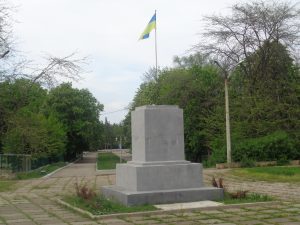
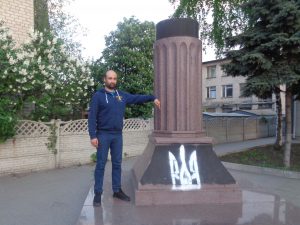
All in all, my field study in Ukraine was very interesting, exciting and productive. I have met new people and made contacts that can be crucial in the upcoming master or even doctoral field studies. Most importantly, I have filled an essential research gap that existed in academia. Previous research within the social science describe the motivations of the Ukrainian volunteer fighters in ambiguous and simplistic ways. Despite some minor similarities, my results promise to reveal different motivations of volunteer fighters. The attractiveness of the battlezone for these fighters will also differ from the conclusions of the recent studies in this area.
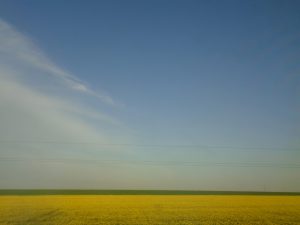
Farewell Ukraine!
